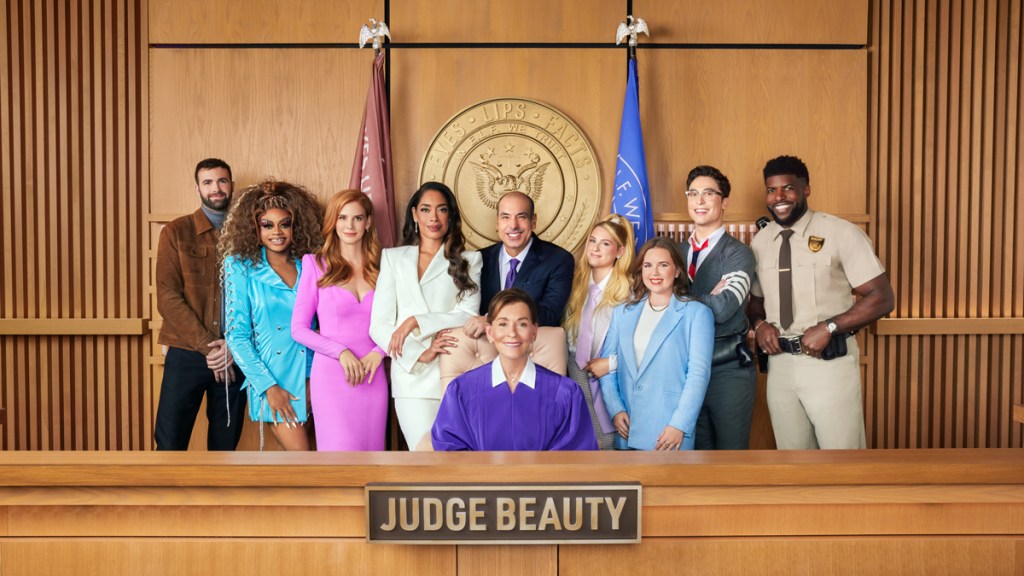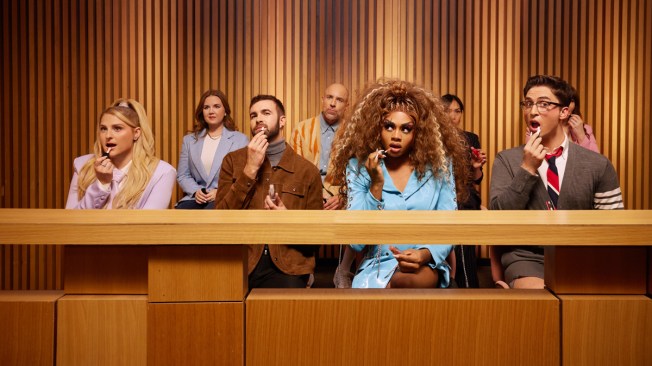How Drugstore Brands Are Challenging Luxury Beauty With Price-Conscious Ads
Luxury brands like YSL, Tom Ford, and Dior have gotten into high-end beauty products like blush, lipstick, and fragrance to expose consumers to their brands with more affordable price points. And drugstore brands are fighting back with similar but cheaper products as well as marketing that calls out competitors’ high prices.
Drugstore brands such as e.l.f. Cosmetics, Maybelline New York, and MCoBeauty have developed formulas similar to those of more expensive brands. These brands are also increasingly running marketing to show consumers how these products work just as well as high-end options.
While the drugstore brands don’t call out their competitors by name, their packaging and marketing positions themselves as alternatives to more expensive brands.
MCoBeauty, for example, recently ran a social campaign where beauty creator Sofia Divene dressed similar to singer Sabrina Carpenter while handing out mascara on the streets of New York. MCoBeauty referred to its product as a “dupe” in the post.
MCoBeauty also recently worked with creator Kelley Heyer to provide her makeup for MTV’s Video Music Awards after Heyer made a video about wanting to attend the award show. MCoBeauty saw the video and did her makeup for the awards show.
The goal is for consumers to be influenced to buy MCoBeauty’s more affordable products when seeing them on celebrities, said Meridith Rojas, CMO of MCoBeauty.
“You have to be plugged into the social conversation,” Rojas said.
E.l.f. Cosmetics has also heavily played up its lower prices in its marketing. In February, e.l.f. Cosmetics ran a Super Bowl ad that promoted the low price of its products, specifically the Halo Glow Liquid Filter. E.l.f. Cosmetics’ product retails for $14 and competes with a similar product sold by Charlotte Tilbury that retails for $49. E.l.f. Cosmetics previously used the Super Bowl to promote a $10 makeup primer called Power Grip Primer that competes with Milk Makeup’s $38 version.

“Delivering premium quality products at extraordinary prices through powerhouse innovation is incredibly important to our community,” said Patrick O’Keefe, vp of integrated marketing at e.l.f. Cosmetics. O’Keefe said that consumers will often comment on e.l.f. Cosmetics’ social channels asking for cheaper versions of high-end products.
These kinds of campaigns are key in winning over price-conscious consumers: 42% of Americans who buy personal care products look for comparable and less-expensive versions of high-end products, said Clare Hennigan, senior analyst at Mintel. Another 31% of Gen Z adults in the U.S. have bought a cheaper version of a product after seeing a social media post, according to Mintel.
Listening to social chatter
Creators who often receive free products in exchange for promoting brands on social media are noticing the deluge amount of marketing about cheaper products, too.
“I can buy five e.l.f. blushes with the same amount of money that I can buy one Makeup by Mario blush stick,” said beauty consumer Hannah Ektefaei. “I also love being able to buy more things.”
Lifestyle creator and disability activist Paula Carozzo agreed that cheaper products work as well as high-end products, making them easy options to promote to followers. She said that she’s aware most of her audience is budget-conscious when it comes to products and buying something for its name isn’t enough to justify a purchase.
“I’ve tried all these brands that claim to be great beauty brands, and are so expensive, and the product doesn’t even sit well,” Carozzo said. “We’re at a point where loyalty, manufacturing, and just the credibility behind the brand means more.”
Drugstore brands are partnering with creators because they value creators’ input, said e.l.f. Cosmetics’ O’Keefe.
“We partner with bold disruptors with a kind heart and renegade spirit who resonate with our community and authentically express themselves through positivity, inclusivity, and accessibility,” he said.
https://www.adweek.com/commerce/how-drugstore-brands-are-challenging-luxury-beauty-with-price-conscious-ads/
